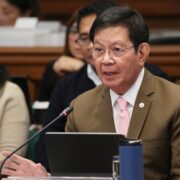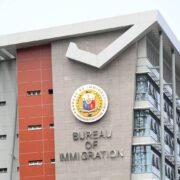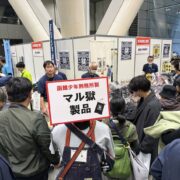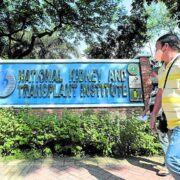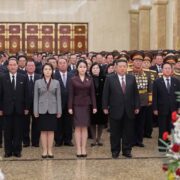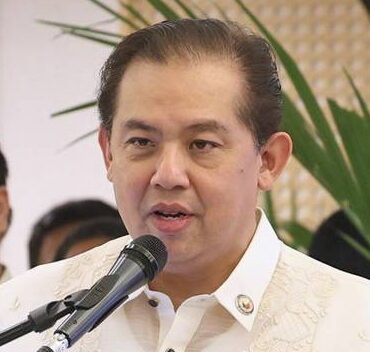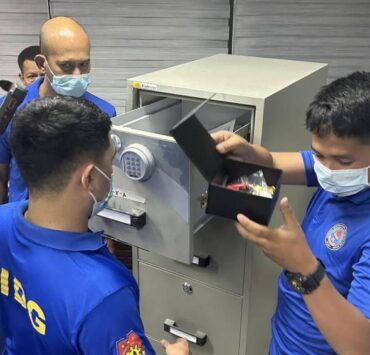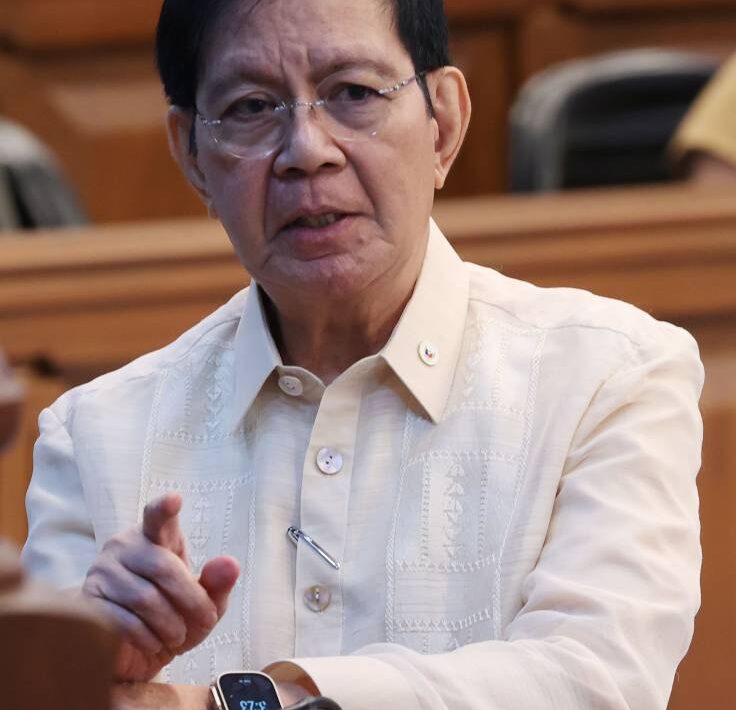‘Not good optics’ to grant Veloso clemency right away–DOJ exec
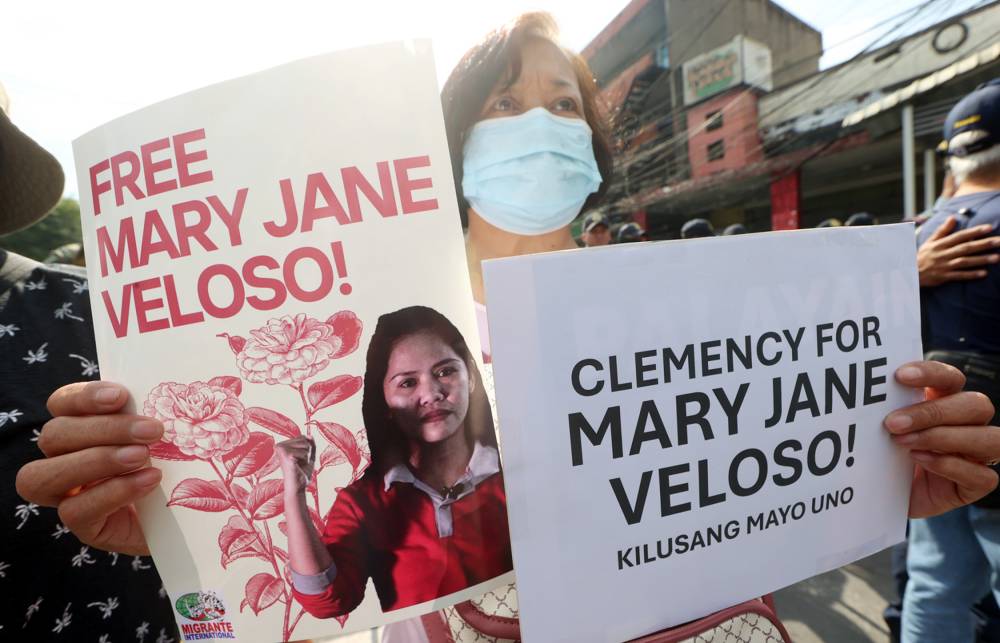
The Philippine government cannot automatically grant clemency to Mary Jane Veloso upon her return, a Department of Justice (DOJ) official said, citing the bad impression it could project to the international community.
Veloso, a Filipina domestic helper spared execution in Indonesia after being convicted of drug smuggling in 2015, is set to return home after years of negotiations between Manila and Jakarta, as announced by President Marcos on Wednesday.
Several groups, including the National Union of Peoples’ Lawyers (NUPL), Gabriela and Migrante International, have since urged Mr. Marcos to grant her immediate clemency. But officials said such a move may take time since the Philippines must first honor its commitments to Indonesia.
“We cannot disregard (the judgment of the Indonesian court that found her guilty). Upon her arrival here, we cannot automatically pardon her or grant executive clemency, as that would be like turning our back on the agreement with Indonesia, which did it as a humanitarian gesture,” Justice Undersecretary Raul Vasquez said in an interview on state-run PTV on Thursday.
Vasquez said “it would not be good for optics” in terms of international relations and how other members of the United Nations would perceive the Philippines if it disregards its obligations under the agreement on Veloso’s case, which he described to be of “exceptional nature.’’
Details of the agreement and the specific terms of Veloso’s transfer are still being negotiated with Indonesia, according to a joint statement from the DOJ and Department of Foreign Affairs (DFA) on Thursday.
The two agencies stressed that Manila is “bound to honor the conditions that would be set for the transfer, particularly the service of sentence by Mary Jane (Veloso) in the Philippines, save the death penalty which is prohibited under our laws.”
No formal treaty
Vazquez noted that there is no formal treaty between Manila and Jakarta regarding the transfer of convicted persons, which would allow them to serve the remainder of their sentences in their home countries.
Instead, Veloso’s transfer is based on a bilateral agreement that is grounded in principles of international comity and courtesy, the DOJ official said.
“There is no treaty, but Indonesia granted our appeal to have her return to the Philippines because of the good relations between the two countries,” he added.
President Marcos on Thursday said Indonesia reduced Veloso’s death sentence to life imprisonment during the term of then Indonesian President Joko Widodo.
In an interview with reporters in Penaranda, Nueva Ecija, the President said the government has been working to save Veloso for the past 14 years and that “it took a long time” to get Indonesia’s consent to transfer her to Manila.
“When I came into office, what we were working on was to remove her from death row, first of all—to commute her sentence to life. When that happened, when we were able to achieve that, we continued to work with them. It was still with the Widodo government at that time on how we will do it to get her home,” Mr. Marcos said.
He credited this to the good relations of the Philippines with Indonesia, particularly Widodo and incumbent Indonesian President Prabowo Subianto.
“Because of our good relations, they found a way, they made a way. This is the first time that they did this. They really found a way… They said they have no interest in imprisoning her, they have no interest in executing (Veloso). So they said, let’s just look for a way. And they did it for us,” the President said.
Options
He said the plan to transfer Veloso to a prison facility in the Philippines was made possible because Widodo and Prabowo “agreed to it.”
“But as I said, we have been working on this. All the previous presidents, not just me. This has been 10 years in the making, 10 years. But what we were able to do was to have her sentence commuted, from death sentence to life imprisonment,” Mr. Marcos said.
He said the Philippines “will have to decide what will happen next” once Indonesia allows the 39-year-old Veloso to return to the country.
Asked if he is considering clemency for Veloso, Mr. Marcos replied: “We’ll see. Things are not yet clear on how… This is the first time this has happened. So, everything is on the table.”
On Wednesday, Foreign Undersecretary for Migration Eduardo Jose de Vega said Indonesian government officials were “open to the possible, eventual grant of clemency by our own President” in their talks with Gina Jamoralin, the Philippines’ ambassador to Indonesia.
However, the grant of clemency to Veloso will still need the consent of Indonesia out of respect for its sovereignty, jurisdiction and laws.
Worst-case scenario
On the reported reduction in Veloso’s sentence, De Vega clarified to the Inquirer that it was simply a matter of difference in laws since the Philippines has no death penalty.
“What the President meant was that, since [the Philippines] has no death penalty, Indonesia recognizes and accepts that (Manila) can only implement a life imprisonment sentence at most against (Veloso),” De Vega said.
Edre Olalia, chair of the NUPL and one of Veloso’s private lawyers, said the worst-case scenario would be for Veloso to serve reclusion perpetua, or up to 40 years in prison.
“She’s already served 14 years, so that means she could still be imprisoned for 26 more years? That’s unbelievable, right?” Olalia told the Inquirer on Wednesday.
However, there are “in-between” options for the government, including conditional pardon or a sentence reduction.
In 2015, Veloso’s execution was suspended at the last minute after the arrest of a woman in the Philippines suspected of recruiting her for drug-related activities.
Human trafficking and large-scale illegal recruitment cases were filed against Veloso’s alleged traffickers, Julius Lacanilao and Cristina Sergio, in a Nueva Ecija court.
In 2020, a guilty verdict was handed down in the illegal recruitment case, but the trafficking case remains pending as the court awaits Veloso’s testimony.





